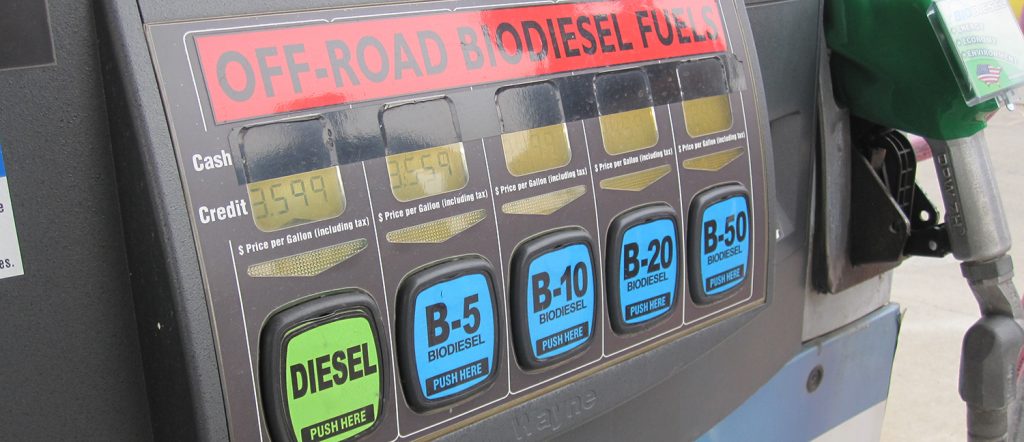Amidst what now seems an unending trade war in which soy growers are caught in the middle, farmers of the U.S. number one export crop received another blow late in the week. The Environmental Protection Agency (EPA) announced Friday night its decision to grant even more waivers of Renewable Fuel Standard (RFS) volumes, awarding a whopping 31 of 38 total Small Refinery Exemption (SRE) applications for the 2018 compliance year.
Davie Stephens, a soy grower from Clinton, Kentucky and president of the American Soybean Association (ASA) responded, “Of course ASA is unhappy. These exemptions undermine President Trump’s pledge to support the RFS and undermine the Administration’s efforts to support farmers who are already bearing the brunt of trade disruptions. EPA’s decision is another blow to yet another market for soybean farmers.”
Last month, EPA announced biomass-based diesel and advanced biofuels volumes for 2021 will remain stagnant. And, EPA again failed to account for the significant gallons lost due to SRE, which makes the proposed volume, in effect, a reduction for biofuels.
Stephens explained the latest round of waivers in context; “Reduced demand for biodiesel resulting from retroactive exemptions is estimated already to be as high as 2.5 billion gallons since 2017, which basically undercuts the purpose of the RFS. Add in this latest round of refinery exemptions coupled with the lack of growth in the proposed annual RFS volumes, and those factors send biodiesel backwards when it should be moving forward.”
The waivers announced Friday evening combined with those issued for 2016 and 2017 RFS volumes brings the total number to more than 80 retroactive waivers, which significantly reduces biodiesel demand and, bottom line, results in billions of dollars in economic harm to the U.S. biodiesel industry, including soybean farmers.
Stephens concluded, “We would like for EPA to more carefully consider the capabilities of the biodiesel industry and to support its positive potential. We’re talking about producing higher levels of domestic, renewable fuels that enhance energy diversity and security; promoting jobs and value for farmers and rural economies; and helping the environment with reduced emissions. It seems like a win, win for EPA to support the RFS.”






